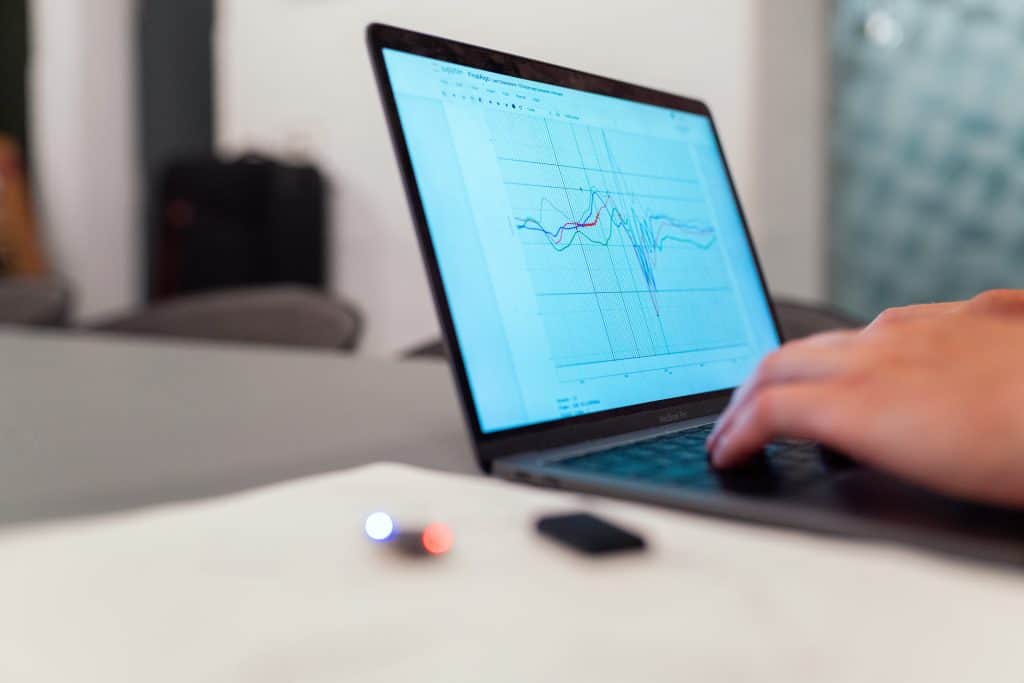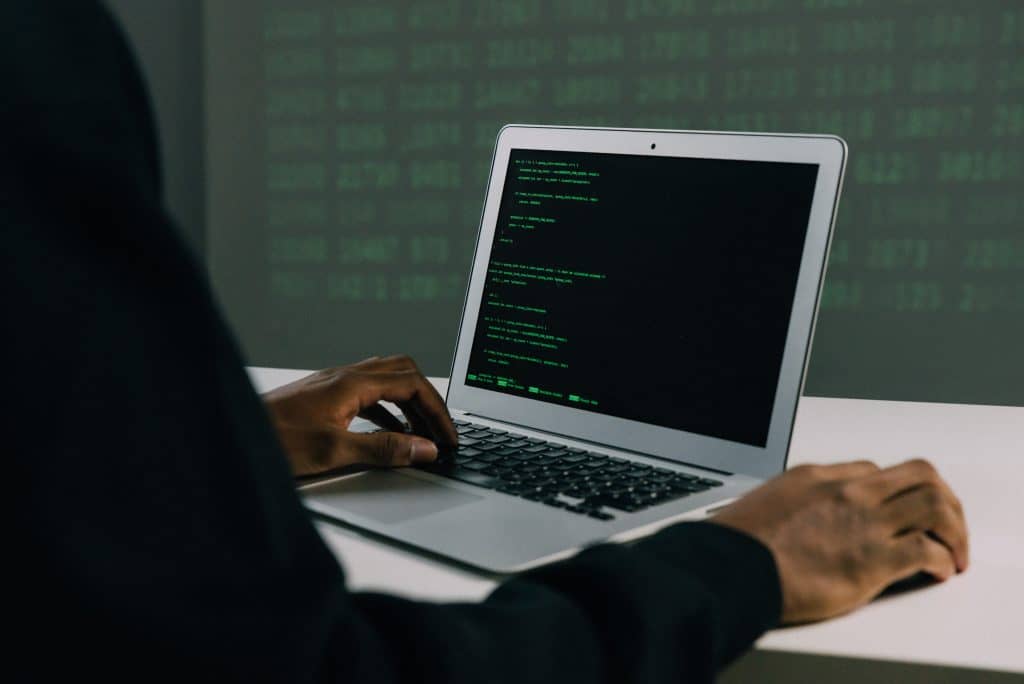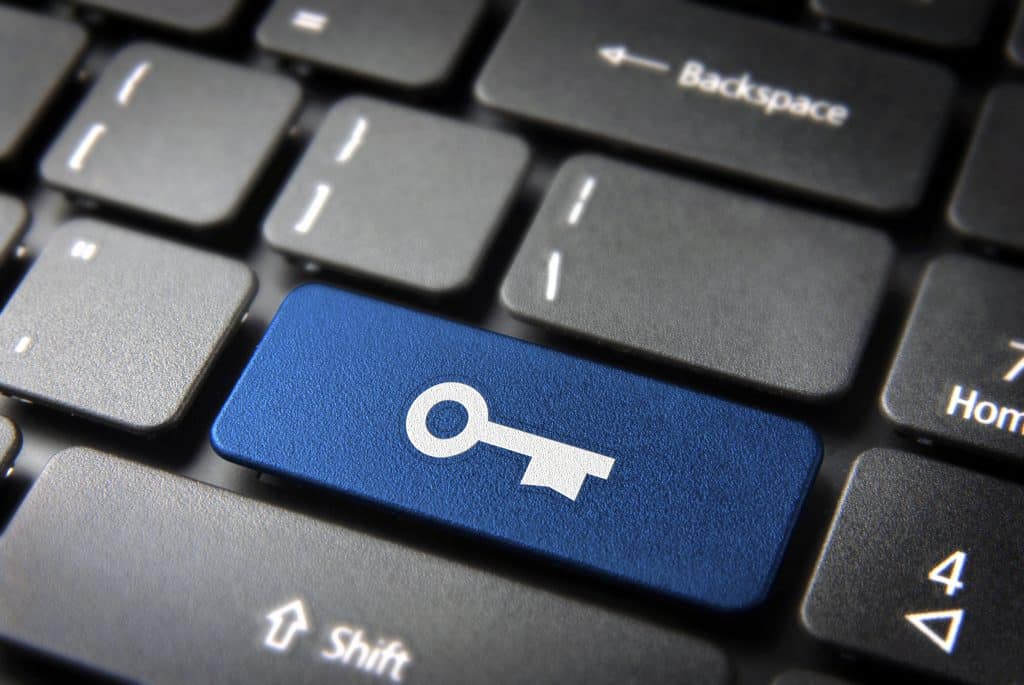When we implement a CRM in our company or business, data security is one of the key points to consider. Gone are the days when sensitive customer registers were securely stored in a locked vault.
Today, this information, including identity contact records of leads and contractors, descriptive business notes, qualitative account data, quantitative stock data, etc., is stored on servers.
Virtual devices provide hybrid #cloud connections to the #web and therefore are vulnerable. Click To TweetCustomer data requires additional security considerations, which we will discuss in this article.
What does CRM data security stand for?
When we talk about data security, it’s not just about protecting business information from hackers. It’s about finding a reliable CRM solution.
It should meet our data governance and risk management goals and offer control over company data and business processes. The benefits our organization can achieve by using a CRM system remind us of the essential obligations of using such a system.

A must part of your relationship management strategy is to be clear about the privacy and protection of data stored in your CRM system. Your stakeholders have entrusted your organization. You are responsible for ensuring that you don’t use this information harmfully.
And while most major cloud providers do a decent job of keeping data safe, most business users take a “transfer-and-forget” approach to their data security needs. And that is dangerous.
Data security and confidentiality are important aspects of the subsequent CRM data integration.
CRM software available on the market should have functions to control and improve the handled data. HubSpot, Pipedrive, or Salesforce data security sets ensure protection against unauthorized access, data damage, or destruction. Moreover, the software enables the creation of archival copies and the automatic recovery of data after a crash.
Modern CRM systems ensure complete security of stored and processed data thanks to the use of various types of security mechanisms.
The most commonly used include:
- encrypted SSL connection ensuring the confidentiality of the information sent
- advanced user authentication mechanisms
- multi-level authorization systems
- event logs (allow you to track changes and quickly restore data)
- daily automatic backups to protect against hardware failures and physical loss
In reality, cloud providers can only protect business data if the business does its part by following some cloud security best practices. And luckily, they’re not that complicated.
How to enhance CRM data security?
Let’s review five essential ways to improve your CRM data security.
Infrastructure data protection
The first thing to do is protect the infrastructure where all the data is stored. The objective is to create several layers of protection to make it difficult for cybercriminals to access.

You can start by installing a firewall that controls who can access your information. Antivirus is also essential, as its real-time scans block multiple threats.
Secured CRM software
Choosing the right CRM provider is highly relevant to security. A trustworthy platform is an essential requirement. Before you jump in with the first one you find, compare the several systems and policies, check reviews and their ratings, and compare their pros and cons to your needs.
Also, you need to check how data is stored, imported into a CRM system, or exported. It means how your CRM platform handles data synchronization and connections with third-party tools because you’d likely use CRM data integrations.
You should use reliable software and third-party tools to set up data integrations like extracting Salesforce sales data, doing Pipedrive data backup, connecting Mailchimp to Google BigQuery, and more.
Passwords and 2FA
Use strong passwords and two-factor authentication always. It seems self-evident, but many companies still don’t learn and suffer from not having strong passwords.

All employees must use strong and different passwords for each account. If passwords need to be stored somewhere, let them be in virtual protected areas, such as password managers.
Many businesses are beginning to employ two-factor methods as obligatory. In this way, if a password is leaked, there is an extra security measure.
Internal security protocols and rules
On too many occasions, it is the employees themselves who, by mistake, leak data, documents, and passwords. Therefore, it is vital to update internal security protocols from time to time and train people in using different software and hardware.
Also, facilitate safe browsing, digital transactions, or how to avoid being a victim of phishing or other scams. In addition, it is beneficial to have action protocols for such fraud.
Track and monitor activity
Don’t forget to monitor CRM activity regularly. Usually, in CRMs, you can configure alerts that notify you about unauthorized access, security violations, etc. Utilizing OTEL logging provides advanced monitoring and observability, enabling a more comprehensive understanding of system performance and security.
Many platforms can track the state of the company’s network, and you can integrate it with internal systems. This way, you have real-time control of the activity of the platform.
In general, one can generate control panels within the CRM to have the security status and metrics of the IT infrastructure in a single photograph.
Extra CRM data security
Some other attitudes not to omit are:
- Equip your computers with up-to-date anti-virus software and firewalls to block unwanted access.
- Set up a screensaver with a USB lock. Locking the screen saver prevents unauthorized interference with a machine.
- You should update machines as often as possible. When a new update is released, it’s important to ensure it’s installed on all working devices in your company.
- Protect the internal computer network. You must limit network flows to what is strictly necessary. VPN secures remote access, and the WPA2 or WPA2-PSK protocol is required.
- Server security should be a priority. Regularly backing up data, installing critical updates, and limiting access to administrative interfaces are good practices that will allow you to guarantee data security.
- You must also protect the data collected on visitors to your website and guarantee the confidentiality of the information transmitted in this way. For example, you can implement the TLS protocol, limit access to administrative tools and interfaces, check that no passwords pass through the URL, and ensure that user inputs correspond to what is expected.
- Maintenance interventions must be recorded in a daybook and supervised by an internal manager when third parties carry them out.
- You can always subcontract the processing of the personal data you collect, but you must ensure that the subcontractor presents sufficient guarantees. It is advisable to update contracts by adding clauses guaranteeing compliance with the GDPR.
- Use cryptographic functions. The use of cryptographic functions ensures the integrity, confidentiality, and authenticity of data. Use recognized algorithms, software, and libraries to keep secrets and cryptographic keys safe for better security.
To sum up
It is of the utmost importance to use secure CRM software that cannot be damaged and thus protect the privacy of your clients. Remember that this builds trust and gains the loyalty of your customers.
Failed data security has doomed many businesses — and will continue to do so. But by taking CRM data security seriously, starting with the best practices listed above, today’s companies can avoid that fate.